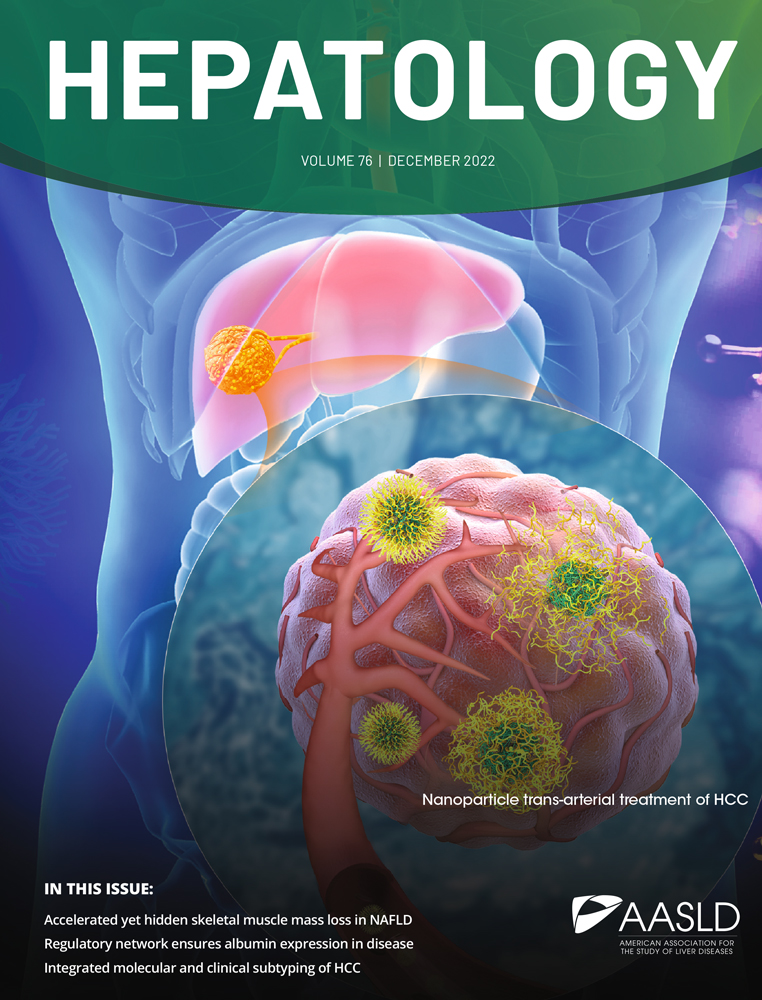Human aldolase B serum levels: A marker of liver injury
Abstract
A solid-phase, noncompetitive radioimmunoassay has been developed for aldolase B in human serum and tissues. Aldolase B was purified from human liver, and specific antisera to purified aldolase B were obtained from chickens. Specific antihuman aldolase B IgG was purified by affinity chromatography. Disposable polypropylene plates were coated with affinity purified specific IgG antibody and used for radioimmunoassay with 125I-specific IgG antibody to aldolase B. The nonspecific binding was minimized by saturating the binding sites of the plates with 2% ovalbumin in 0.1% Tween 20. This radioimmunoassay is specific for the aldolase B subunit, with no cross-reactivity with human aldolase A or aldolase C subunits. Aldolase B is predominantly found in normal liver. Relatively high aldolase B levels are also observed in kidney. Serum levels of aldolase B in 21 normal subjects ranged from 21 to 39 ng per ml, with a mean of 28.7 ± 8.6 (2 S.D.) ng per ml. Forty of 42 (95%) patients with acute and chronic hepatitis without cirrhosis had serum aldolase B levels greater than 40 ng per ml. Serum aldolase B levels correlated well with total serum aldolase enzyme activities (r = 0.967) and SGPT (r = 0.951) in patients with liver diseases. In cancer patients, serum aldolase B was slightly elevated in 15 of 26 (58%) patients with cancer metastatic to the liver or primary liver cell carcinoma, whereas no elevation of serum aldolase B was observed in 16 cancer patients without liver metastasis. Measurements of aldolase B serum levels by radioimmunoassay appear to be a useful measure of liver cell necrosis from benign or malignant liver diseases.




